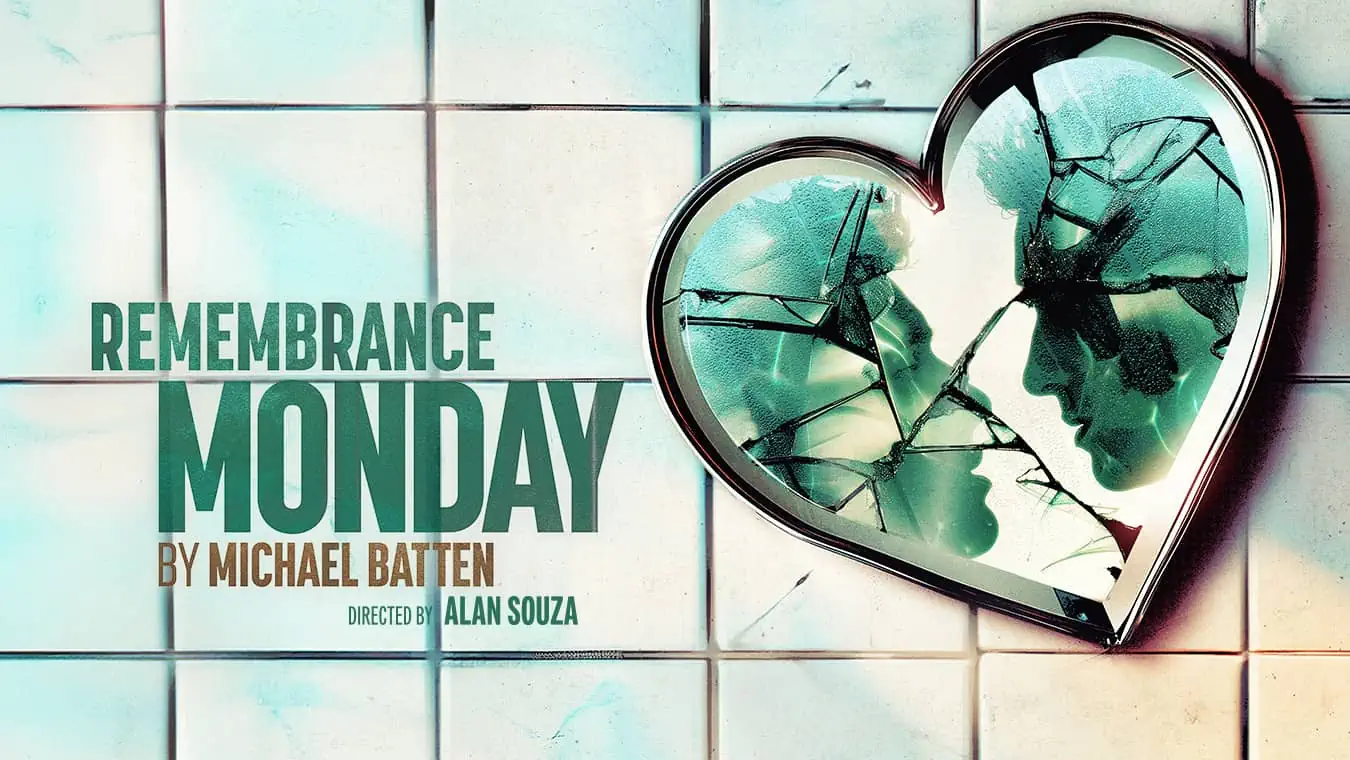Gay author Somerset Maugham is the subject of a new film premiering this Saturday at the London Lesbian & Gay Film Festival. Director Michael House spoke to David McGillivray…

Somerset Maugham (1874-1965) was one of the most successful and rich, the most prolific, adapted and influential authors of the 20th century. He was briefly married and had a daughter. But he was gay. Late in life he wrote an autobiography that many thought was unnecessarily cruel to his wife. American-born but now based in Paris, film-maker Michael House wants to restore Maugham’s reputation.
In your film Revealing Mr Maugham what do you reveal about him?
The truth about his life! In his last decade his reputation went right into the toilet. There were a lot of misunderstandings about why that happened and this film explains in detail how it came to be. It also reveals the Maugham that I think is closest to the person you find on the page. It also reveals that Maugham is much more present in the minds of contemporary writers than people know.
He claimed he was “3/4 normal, 1/4 queer.” What do you make of that?
I think that was bullshit, total bullshit. Maugham had a keen sense of his commercial value as a commercial writer. He could not imagine writing from a gay man’s perspective and retaining his massive audience.
How can we tell from Maugham’s writing that he was secretly gay?
I think that Maugham reveals an insight into women in his writing that a heterosexual man just does not possess. There are also a few novels which people don’t know about, there’s one called The Narrow Corner. It’s not homo-erotic in a sexual way but it’s about love between two men. One of them shacks up with a girl and all hell breaks loose.
So, it’s about jealousy…
I think he was a specialist in jealousy. I think that was his forte. He understood the insanity that can ensue when you’re sexually jealous. It can push you into doing crazy things. And his characters do that over and over again.
How did you discover Maugham?
I’m indebted to Maugham because I read The Razor’s Edge when I was 18. I’d come from southern California and it made me realise you could do anything you wanted with your life. He has a character in that book who comes to Europe. I moved to Europe within three months.
So, in other words you’re one of the many artists inspired by Maugham. And there are others in your film.
I was fishing for a lineage in modern gay literature. I knew Isherwood knew Maugham and Forster. I wanted to know did Isherwood help Armistead Maupin? Maupin explained that Isherwood did help him with his career. He says that Maugham had three rules: clarity, simplicity and euphony. Maupin says these are the three words that constitute good writing. Ronald Harwood adapted Maugham’s novel Theatre into the film Being Julia. He had a lot to say about Maugham. He says that in his opinion Maugham’s powerful, strong women are men in drag.
The last years of his life weren’t happy.
Horrible, horrible. He was manipulated by his secretary, Alan Searle, who coerced him into relinquishing his assets to him. He tried to get Maugham to adopt him. He also compelled him to write Looking Back, the memoir. It took Maugham’s reputation away from him at the end of his life. It showed that he was vindictive and bitter.
What made him bitter?
Life. Maupin says that, when you reach your 70s and 80s and you’ve lived in the closet, it’s a burden. There’s a lot of unhappiness living a lie. Any person who lives that long and has to lie about who they really are is miserable.
• Revealing Mr Maugham is at the London Lesbian & Gay Film Festival at BFI Southbank on March 24th, 27th and 29th (returns only). It’s available online at www.swimcinema.com from midnight on March 24th.










